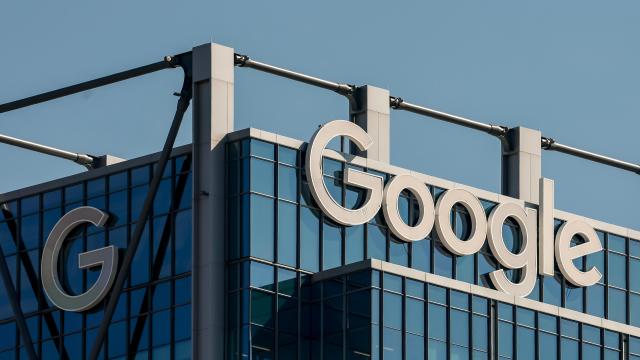Google’s Ad Tech Business Faces Legal Scrutiny in Landmark Trial
3 min read

The US government is launching a high-stakes legal battle against Google’s parent company, Alphabet, focusing on its highly profitable ad tech operations. The trial, which starts on Monday, will examine allegations that Google has illegally monopolized the digital advertising market, stifling competition and innovation.
Last year, Alphabet earned over $200 billion (£152 billion) from its advertising services, underscoring the enormous scale of its operations. While the company attributes its success to the superior effectiveness of its ad services, the Department of Justice (DoJ) argues that Google’s dominance has been used to suppress rivals and maintain an unfair competitive edge.
Laura Phillips-Sawyer, a professor at the University of Georgia School of Law, highlighted the significance of the case, noting, “It is a really important industry that grabs billions of consumer dollars every year. I think all consumers have an interest in this litigation.”
This case represents the second major antitrust challenge Google has faced in the US. In August, a judge ruled that Google’s control over online search constituted illegal monopolistic behavior, though the exact penalties for Google and Alphabet remain unresolved.
The 2023 lawsuit, brought by the DoJ and a coalition of states, accuses Google of dominating the digital ad marketplace and leveraging this power to undermine competition and stifle innovation. Google, on the other hand, argues that it is merely one of many players in the digital ad space and claims that competition is actually intensifying. The company points to the growth of ad revenues and market presence for competitors such as Apple, Amazon, and TikTok as evidence of a healthy competitive environment.
The case will be heard by US District Judge Leonie Brinkema, who will weigh the arguments from both sides. This trial follows a significant ruling last month in a separate antitrust case against Google, where Judge Amit Mehta found that Google had acted illegally to suppress competition in its search business. Judge Mehta described Google as a monopolist and criticized its efforts to maintain that monopoly.
In its defense, Google has asserted that its dominance in online search and ad tech is due to the superior quality of its products. The company has echoed this defense in the current case, referring to a 2023 blog post where it stated, “No one is forced to use our advertising technologies – they choose to use them because they’re effective.”
Judge Mehta recently held a status conference to begin determining remedies for Google’s conduct, suggesting that the DoJ may seek adjustments to Google’s business model rather than pursuing a breakup of the company. Dan Ives, managing director at Wedbush Securities, indicated that the DoJ might push for “business model tweaks” rather than breaking up the tech giant.
In Judge Brinkema’s courtroom, the complexity of advertising technology could pose challenges for the DoJ’s case. Rebecca Haw Allensworth, an antitrust professor at Vanderbilt University Law School, noted that while online search is easily understood, the intricacies of ad tech might make it difficult for the government to present a clear and compelling case of monopolization.
The scrutiny of Google’s ad tech practices extends beyond the US. On Friday, the UK Competition and Markets Authority (CMA) announced that its initial investigation suggested Google may be abusing its dominance in the ad tech sector. The CMA found evidence of anti-competitive practices that could be harming thousands of UK publishers and advertisers. Google responded by criticizing the CMA’s findings, describing them as based on a “flawed” understanding of the ad tech industry.
As the trial unfolds, both the US and UK investigations will play a crucial role in shaping the future landscape of digital advertising and the broader tech industry.